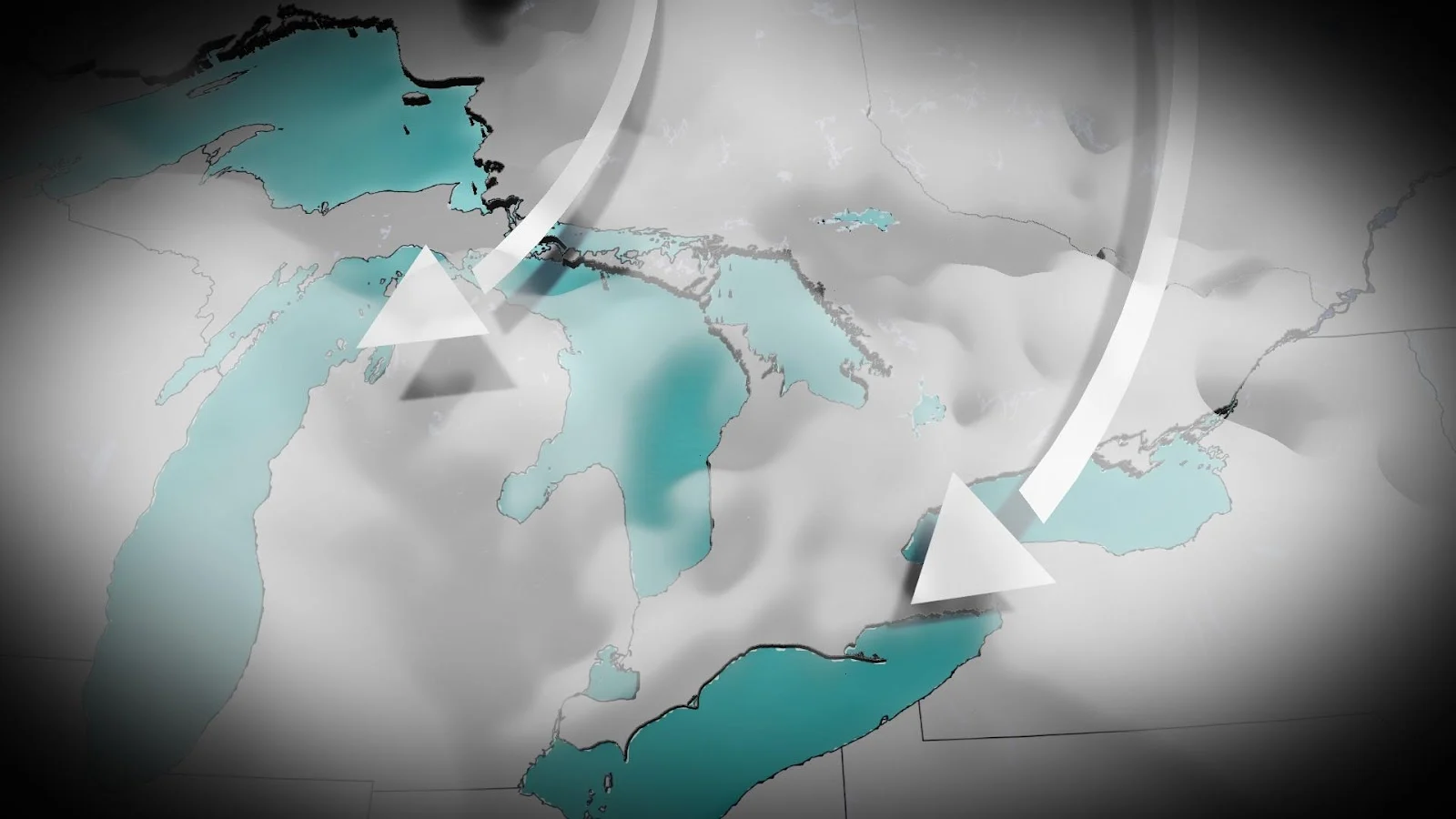
Ontario just lived through its darkest winter in 73 years
Did this winter feel gloomy to you? You're not alone.
Folks across southern Ontario just endured their darkest winter in 73 years.
At least, according to one of the best climate datasets in the world.
DON'T MISS: What would permanent Daylight Saving Time look like in Canada?
Brian Brettschneider, an Alaskan climatologist, uncovered an unflattering trend by looking at solar energy from last December to this February.
Several factors impact the amount of solar energy that reaches our skin, such as ground reflectivity, snowpack, and fine particulates – but cloud cover is the most influential driver.
At one point this winter, Toronto hadn't seen any appreciable sunshine in several weeks towards the end of December into January; cities like London failed to nab a sunny day for over 30 days. Yikes.

The frequency of systems was also noteworthy this winter, with less clear breaks in-between barrages of low pressure.
The milder winter was a primary driver of the gloomy weather, as a warmer atmosphere holds more moisture and works to warm the surface of the Great Lakes. The clouds are effective at reflecting incoming solar energy.
In addition, cloud cover acts like a nocturnal blanket, keeping nighttime temperatures elevated and reinforcing the cycle.
There was no deficiency of rainy days this winter, but certainly, a deficiency in vitamin D, shared by millions.
Will March continue to build on recent trends?

February was much better sun-wise, but the last week with more sun than cloud was still way back in November. We're not forecasting cloud doom in March, as they'll be days with sunshine, interspersed with cloudy systems. This time of year, thankfully, low clouds mix out, giving way to ample afternoon sunshine.
We'll take what we can get.











